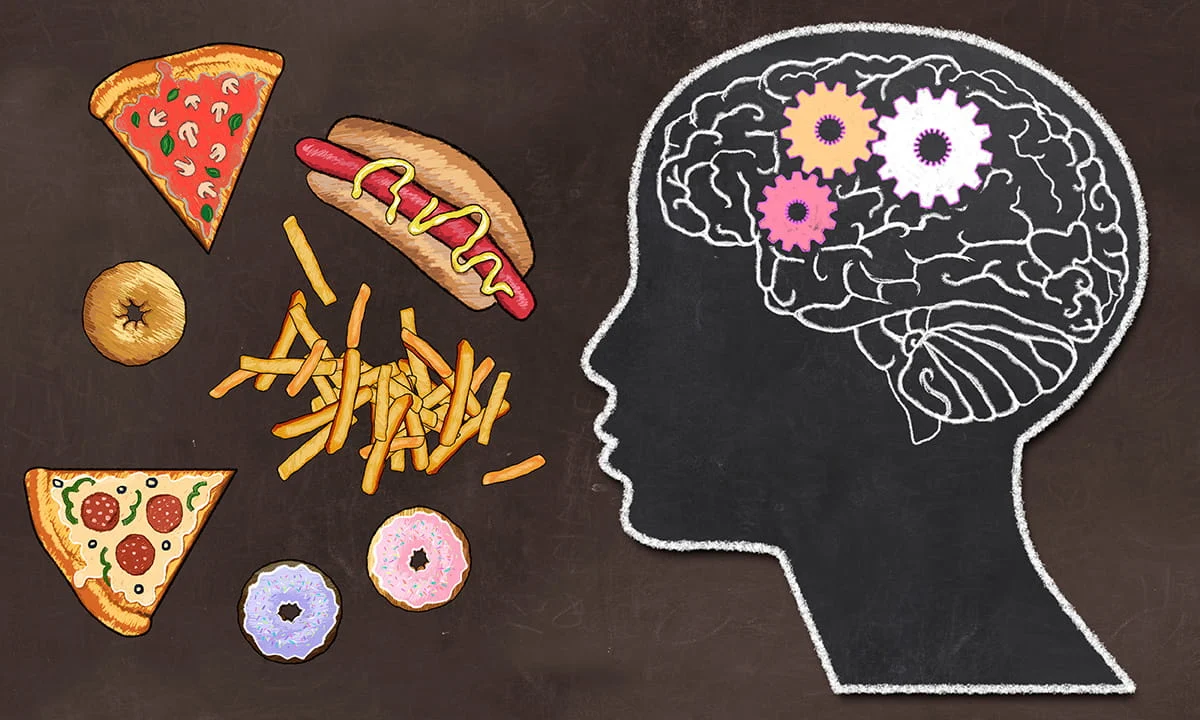Hunger was associated with 37% change in irritability, 34% with changes in anger, and 38% with reduced pleasure.
Source: Infobae
New scientific research has found that feeling hungry can actually make us hungry, combined with emotions like anger and irritability strongly linked to appetite. Published in the journal PLOS ONE, the study is the first to link how hunger affects people’s emotions on a day-to-day basis.
The English use of “hangry” in everyday language had not been explored more widely by science as a phenomenon outside of laboratory settings.
The new study, led by academics from Anglia Ruskin University (ARU) in the UK and Karl Landsteiner University of Health Sciences in Austria, found that hunger is associated with higher levels of anger and irritability, as well as higher levels of lower pleasure.
“Although our paper doesn’t present ways to mitigate hunger-induced negative emotions, research suggests that being able to label an emotion can help people regulate it, for example by recognizing that we feel angry simply because we’re hungry. Therefore, increased awareness of being hungry could reduce the likelihood that hunger will result in negative emotions and behaviors in people,” said Viren Swami, professor of social psychology at Anglia Ruskin University (ARU), lead author of the study.
The researchers recruited 64 adult participants from central Europe, who recorded their hunger levels and various measures of emotional well-being over a 21-day period. Participants were asked to report their feelings and hunger levels on a smartphone app five times a day, allowing data collection to take place in participants’ everyday settings, such as their place of residence. work and your home.
The results show that hunger is associated with more intense feelings of anger and irritability, as well as lower ratings of pleasure, and the effects were substantial, even after accounting for demographic factors such as age and gender, the rate of body mass, dietary behavior and individual personality traits.
Hunger was associated with 37% of the variance in irritability, 34% of the variance in anger, and 38% of the variance in pleasure reported by the participants. The research also found that negative emotions (irritability, anger, and disgust) are caused by both daily fluctuations in hunger and residual levels of hunger measured by averages over the three-week period.
The field work was carried out by Stefan Stieger, Professor of Psychology at the Karl Landsteiner University of Health Sciences, who stated: “This ‘hangry’ effect has not been analyzed in detail, so we chose a field-based approach. in which participants were invited to respond to prompts to complete short surveys in an app. These instructions were sent to them five times a day.”
Recordings were chosen on semi-random occasions over a three-week period. “This allowed us to generate intensive longitudinal data in a way that is not possible with traditional laboratory-based research. Although this approach requires a great deal of effort, not only for the participants but also for the researchers in designing such studies, the results provide a high degree of generalizability compared to laboratory studies, giving us a much more complete picture. of how people experience the emotional results of hunger in their daily lives”, added Stieger.
Although the scientists did not come up with ways to mitigate hunger-induced negative emotions, existing research suggests that being able to label an emotion by putting the feelings into words (for example, “anger”) could help people act on them. In turn, this labeling of affect could help reduce the likelihood that hunger will lead to negative emotions and, by extension, unwanted behaviors, they concluded.






